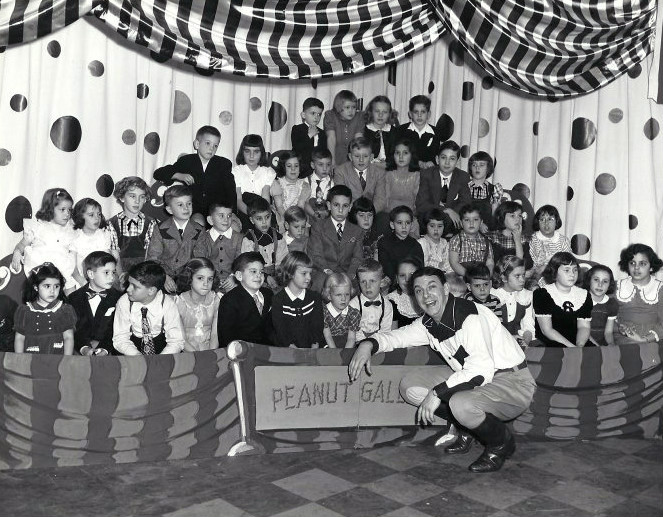Never Fight A War For Democracy
When Generation X grew up, we were surrounded by Vietnam vets, almost all of whom expressed the opinion that victory was stolen from them. Indeed, on the battlefield they acquitted themselves well, but somehow the war went badly, and that was usually attributed to political and not military decisions.
Many pointed out how many areas they were unable to fire upon or bomb because they were across national boundaries or politically protected, or how the American government seemed to wilt in the face of protestors. Some talked more broadly about how fear of China kept America from unleashing too much power in the region.
It left an impression on many of us. In a democracy, war is not a question of realistic solutions, but of political ones, and those always favor the lazy herd which wants problems to go away quickly and has no stomach for the type of unrelenting aggression required to win.
In the world wars, it was clear that we had little chance of losing, but even then attacks on us had to be provoked. The Lusitania carried munitions and FDR goaded the Japanese into attacking by applying sanctions on them despite not having officially declared an alliance in the war.
In Vietnam, political machinations took us even further; we abandoned our own men to die in concentration camps rather than take on politically-upsetting realities:
This imposing body of evidence suggests that a large number—the documents indicate probably hundreds—of the U.S. prisoners held by Vietnam were not returned when the peace treaty was signed in January 1973 and Hanoi released 591 men, among them Navy combat pilot John S. McCain.
…Included in the evidence that McCain and his government allies suppressed or sought to discredit is a transcript of a senior North Vietnamese general’s briefing of the Hanoi politburo, discovered in Soviet archives by an American scholar in 1993. The briefing took place only four months before the 1973 peace accords. The general, Tran Van Quang, told the politburo members that Hanoi was holding 1,205 American prisoners but would keep many of them at war’s end as leverage to ensure getting war reparations from Washington.
…The devices were motion sensors, dropped by air, designed to pick up enemy troop movements. Shaped on one end like a spike with an electronic pod and antenna on top, they were designed to stick in the ground as they fell. Air Force planes would drop them along the Ho Chi Minh trail and other supply routes. The devices, though primarily sensors, also had rescue capabilities. Someone on the ground—a downed airman or a prisoner on a labor gang —could manually enter data into the sensor. All data were regularly collected electronically by U.S. planes flying overhead. Alfond stated, without any challenge or contradiction by the committee, that in 1974, a year after the supposedly complete return of prisoners, the gathered data showed that a person or people had manually entered into the sensors—as U.S. pilots had been trained to do—no less than 20 authenticator numbers that corresponded exactly to the classified authenticator numbers of 20 U.S. POWs who were lost in Laos.
…The report gave no figures but estimates from various branches of the intelligence community ranged up to 600. The lowest estimate was 150.
In other words, for political reasons we abandoned 150-600 POWs in Vietnam and left them there to die decades after their service. Public image matters more than lives. Votes matter more than truth. Winning the election was more important than winning the war.
Among other things, Vietnam gave the Left new power in that they found that mass protests with celebrity support could cause politicians to back down, so while the West was negotiating its war on Communist, its homegrown Communists were busily infiltrating and destroying every institution that they could.
The bigger message for citizens of democracies is that you should never go to war for a democracy because your life is a public relations exercise. If you become inconvenient, you will be left behind, sort of like the Army Rangers in Mogadishu or the embassy staff in Benghazi.
Much as it no longer makes sense to be a police officer because you will be enforcing insane laws made to placate special interest groups at the expense of society at large, it makes no sense to be in the military. You will be used and discarded, because like everything else, you are just a means to an end of achieving ideological objectives.
Tags: 1968, democracy, POWs, vietnam war










